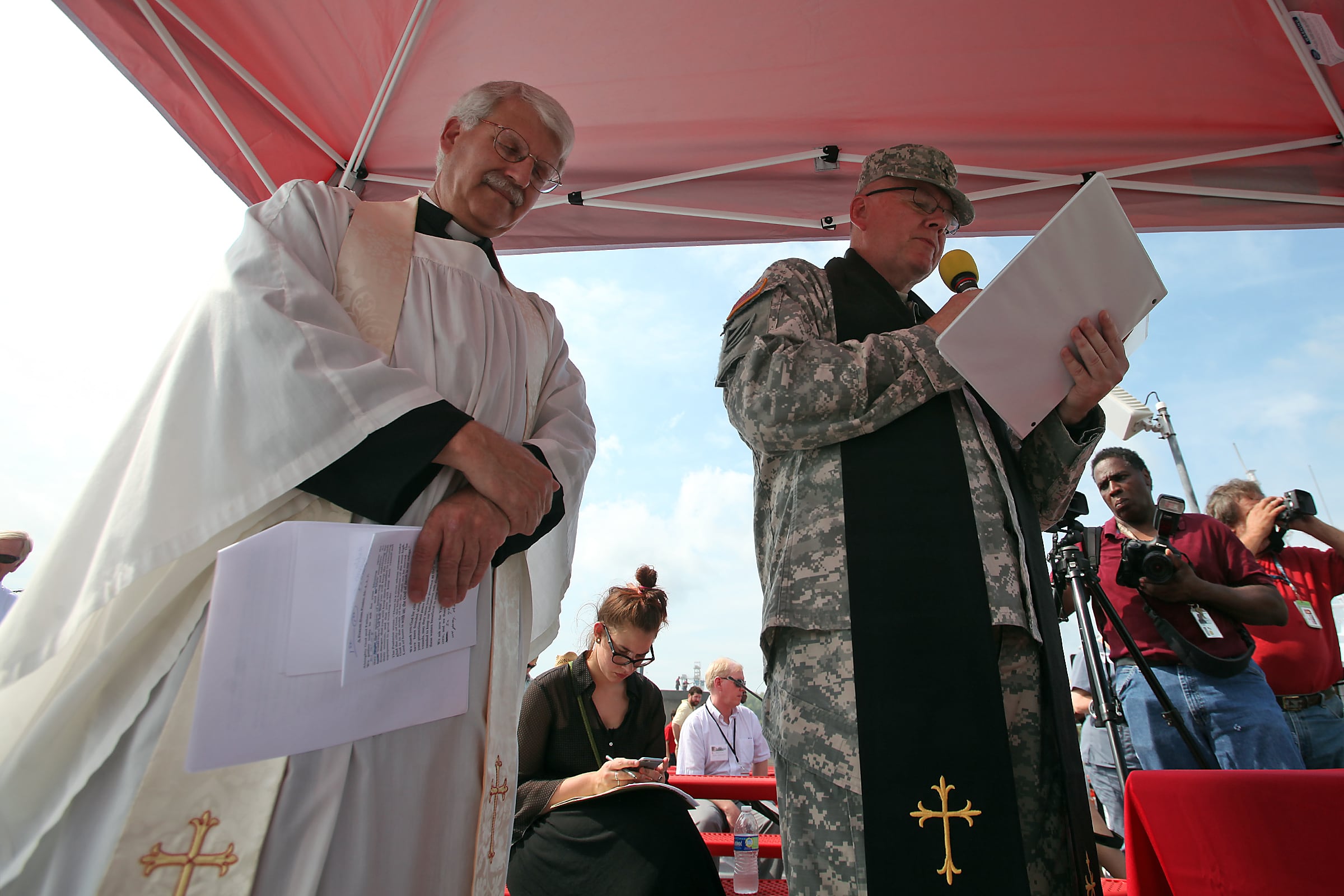As Marines bolster their presence in Africa, they are sparking a close relationship with Army Green Berets who have long-time experience on the continent and through their foreign internal defense mission have honed many of the same skills Marines need to train allies.
Members of Towards that end Marines assigned to Special Purpose Marine Air Ground Task Force–Crisis Response–Africa recently conducted joint training with the Army's 10th Special Forces Group in Baumholder, Germany. The training culminated with a raid conducted in the base's abandoned housing area.
The training allowed infantry Marines to develop better interoperability with special operations forces, said 2nd Lt. Alan Poe, a Marine platoon leader via e-mail from the field.
"Training with the U.S. Army Special Force in Baumholder, German, allowed infantry Marines with SPMAGTF-CR-AF to begin upon and sustain their interoperability with special operations forces," said 2nd Lt. Alan Poe, a Marine platoon leader via e-mail from the field. "Any course of action our unit plans could incorporate Army special Forces, which greatly bolsters our ability to be ready, relevant, and responsive," he said.
The efforts reflect rhetoric included in among service leaders, including Commandant Gen. Joseph Dunford who continues to shepherd the roll out of Expeditionary Force 21, a post-Afghanistan concept of operations that emphasizes small unit missions dispersed over large areas. Those sorts of missions mean Marines are more likely to participate in small scale exchanges, training missions and irregular warfare along side Green Berets and other special operators around the globe, but particularly in Africa and the Pacific.
Interoperability is critical as a special operations community stretched thin looks to work alongside regular troops forces as a force multiplier, said retired Army Special Forces Col. colonel Steven Bucci who is now the director of the Douglas and Sarah Allison Center for Foreign and National Security Policy at the Heritage Foundation in Washington.according to one expert.
"Frankly there are not enough SF guys to do all the missions that we need done," said Bucci, who retired Army Special Forces colonel Steven Bucci who is now the director of the Douglas and Sarah Allison Center for Foreign and National Security Policy at the Heritage Foundation in Washington. "Doing this is the next logical step. In some cases we send in the 82nd Airborne [Division] to engage with these guys and now we are sending conventional Marine forces to do these kinds of missions." he added.
Marines are a natural fit given their history of training local forces and conducting irregular warfare from places like from Nicaragua during the early 20th century Afghanistan in recent years.
"Historically they have done lots of these expeditionary missions in small groups of Marine, going into an area and being representatives of the military and the U.S. in general," Bucci said. "They always did that very well with professionalism and a ton of imagination."
But after more than a decade of mostly operating in Iraq and Afghanistan, partnering with Special Forces should help Marines refresh the skills they will need in Africa. "Everything we have we gained from experience and the guys who have gone before us," one SF weapons sergeant who took part in the mock raid said in a Marine news release. "We are able to take that, bring it out here to the Marines, and show them these are the things we've seen work."
During the multi-day drill, SF instructors ran Marines through close-quarters combat drills, reflexive marksmanship ranges, and urban maneuverability courses. It all culminated in the a joint simulated raid during which Marines and operators cleared dark buildings. It was intended to help the two units hone their coordination should they ever be called upon to work together on deployment in a time of crisis.
"Working with Army Special Forces allowed us, as a Marine air-ground task force Marine Air-Ground Task Force, to become more efficient in all the mission sets we are expected to do — everything from conducting tactical recovery of aircraft and personnel to reinforcing an embassy or evacuating American personnel," said Sgt. Brandon Woodard, a squad leader with SPMAGTF-CR-AF. "It also allows us to become familiar with how the Special Forces teams operate, which gives us an advantage if we do a joint operation."
Bucci said exercises like this are a two way street with SF learning about their Marine brethren and building personal relationships between the units that can be have an immensely advantageous on a future battlefield.
"When you are going forward you are going to run into each other again and that always has a hugely positive effect out in the field," he said. "If you have run into a guy before during a past exercise or adventure, it makes it easier to work together when the real live shooting happens," he said.
Despite the significant differences in mission and culture their fundamental skills as fighters are similar, Woodard said, making it easy to work side by side and forging new, but strong personal bonds. If they get called up to fight in the field, "We've operated with them before and we can see the same faces," Woodard said.





